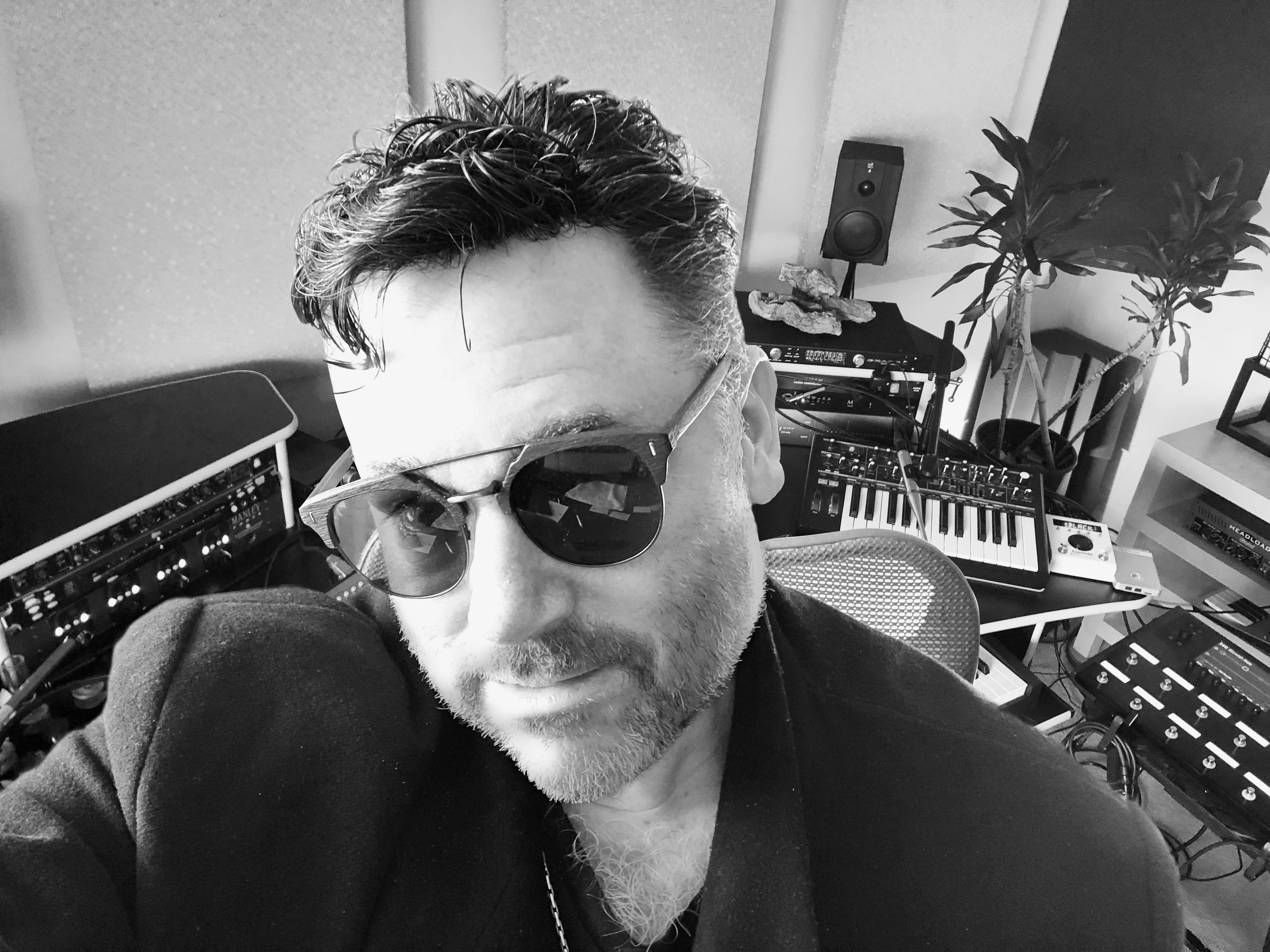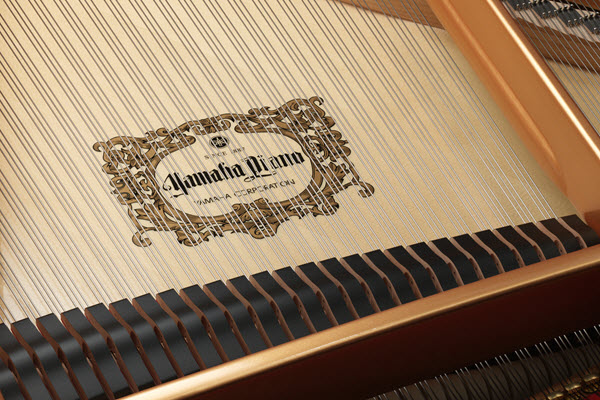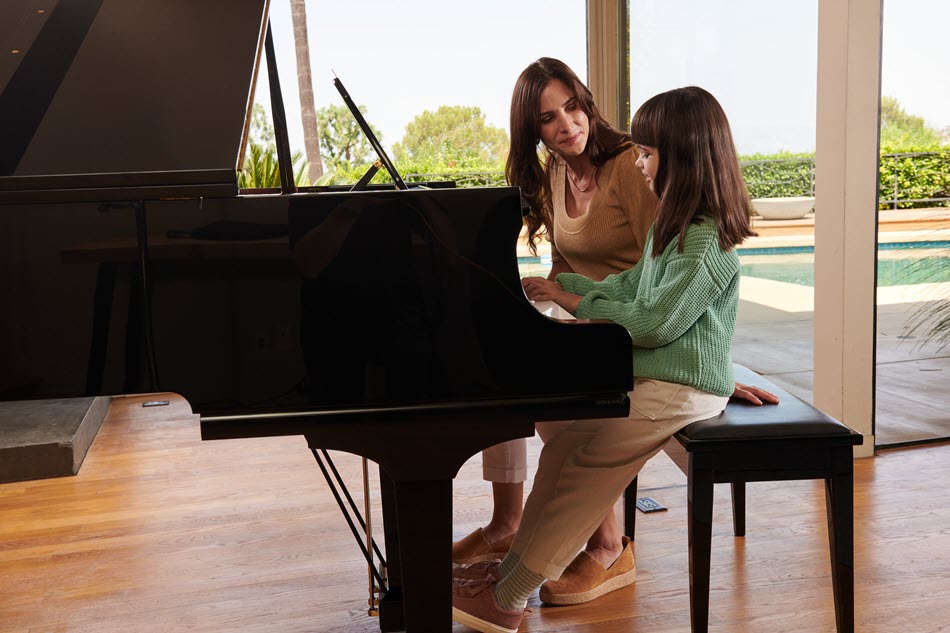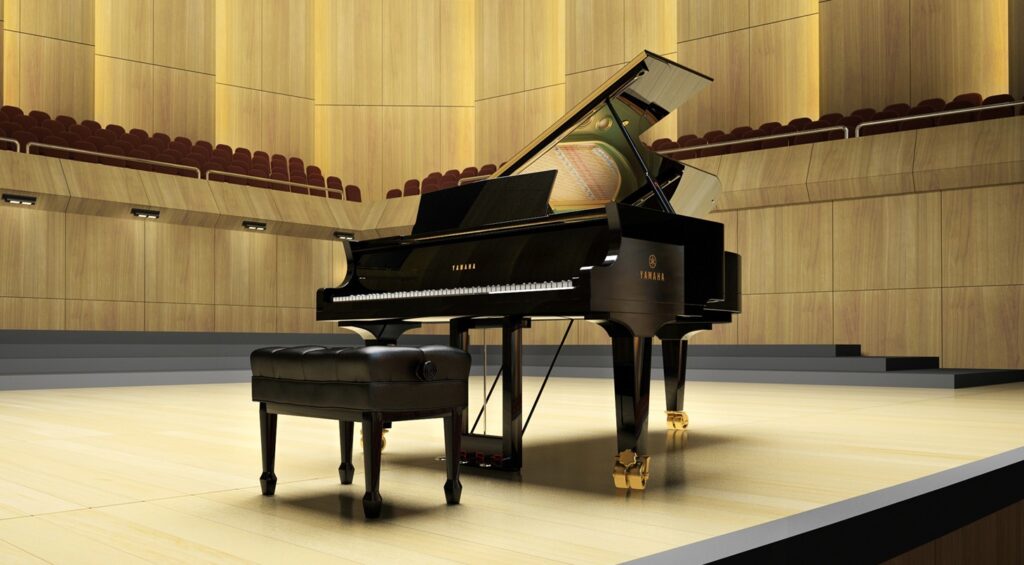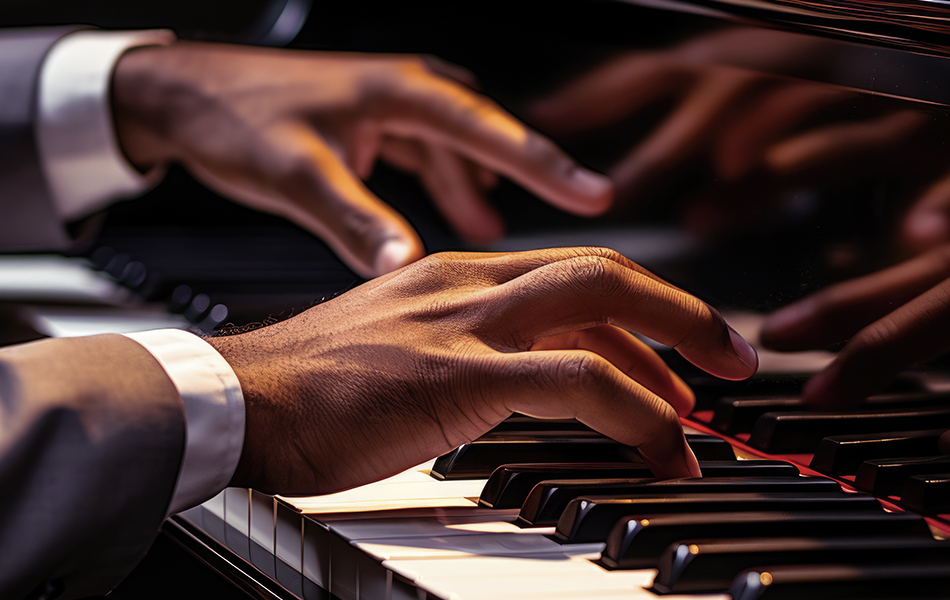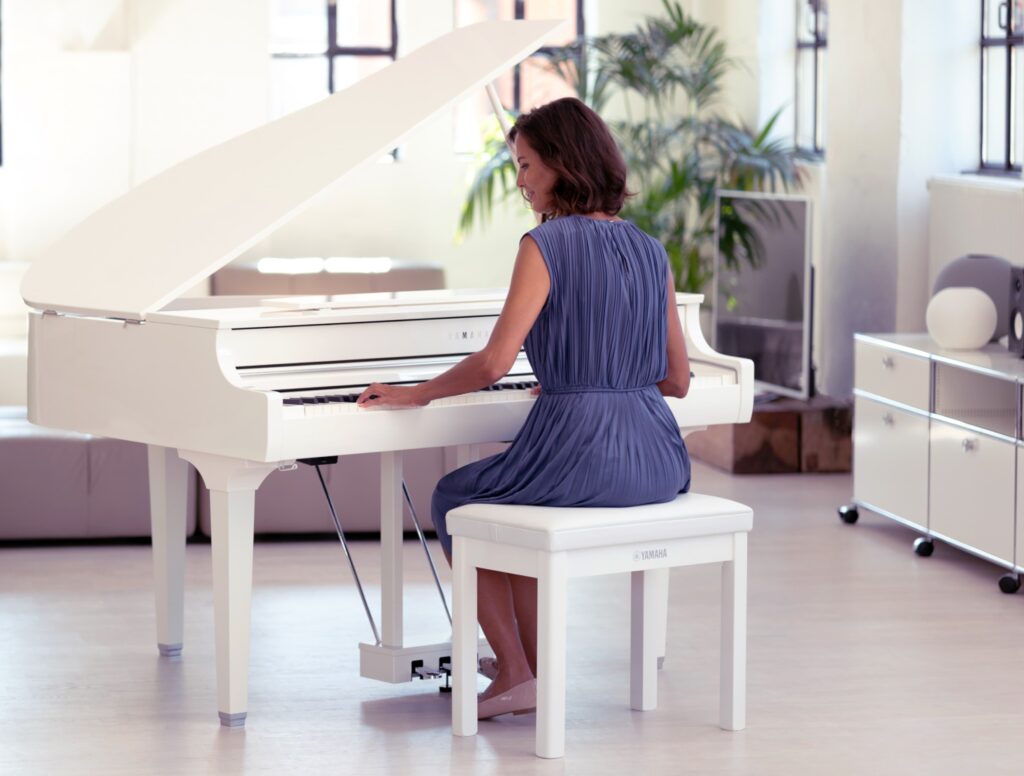The Benefits of Playing Piano … At Any Age
No matter how old (or young) you are, playing piano is good for you!
Whether you’re looking to have your child start a new learning-enriching activity or you’re a retiree who is up for a new challenge, here are some amazing benefits that come from playing piano.
It Can Make Your Child a Better Student
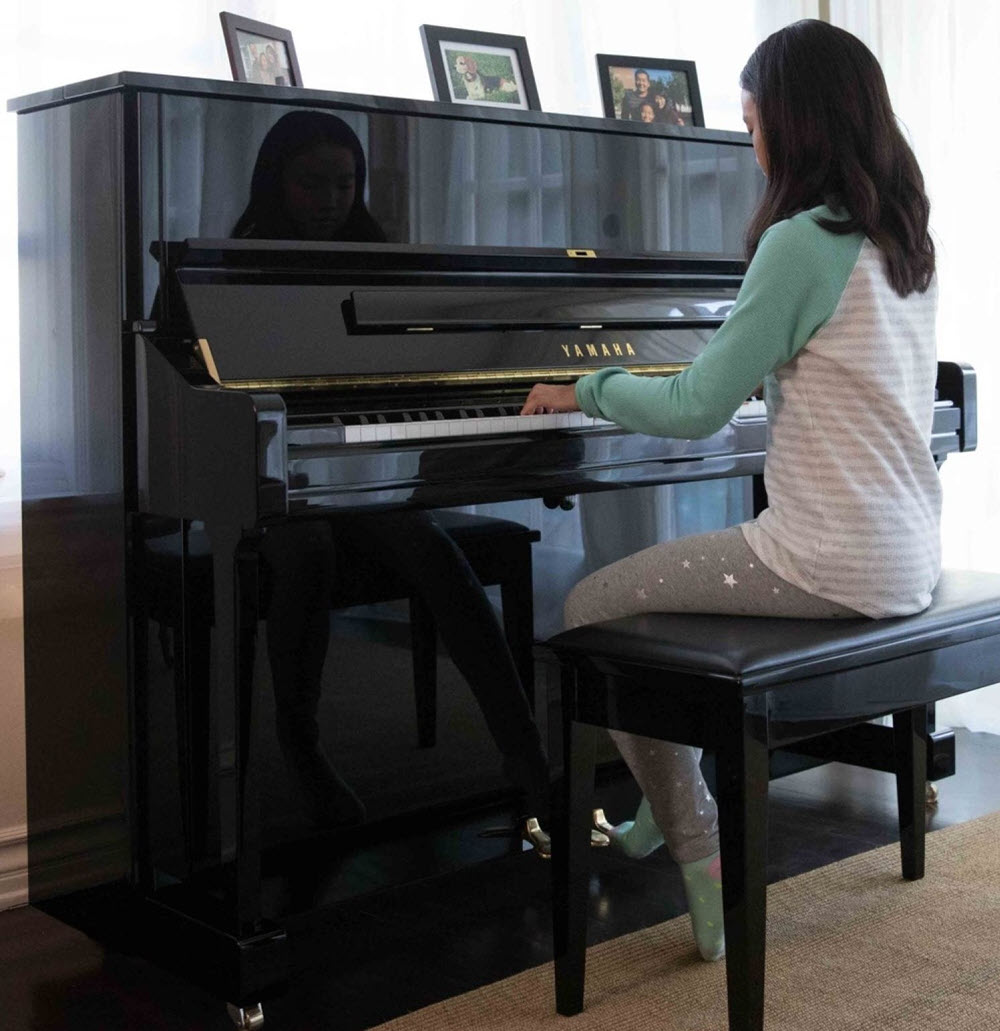
Parents take note: When your child learns a musical instrument, they become a better student all around. There are numerous studies that have verified this astonishing fact. For example, a Psychology Today article citing research done at the University of British Columbia in 2019 states that “Students who learned to play a musical instrument in elementary [school] and continued playing in high school not only score significantly higher but were about one academic year ahead of their non-music peers with regard to their English, mathematics and science skills … These exam-based statistics were consistent across the board, regardless of socioeconomic background, gender, ethnicity, or prior learning in science, math, and English.”
This extends to language skills too. “It appears that some of the auditory skills learned from piano playing enhance specific aspects of the perception of spoken language, even beyond that gained from additional experience in reading,” writes renowned cognitive neuroscientist Dr. John Gabrieli in this blog posting. “The benefits from music (which has no direct relation to language) [are] similar to those from reading (which relates directly to language).”
You Can Start Learning It At Any Age
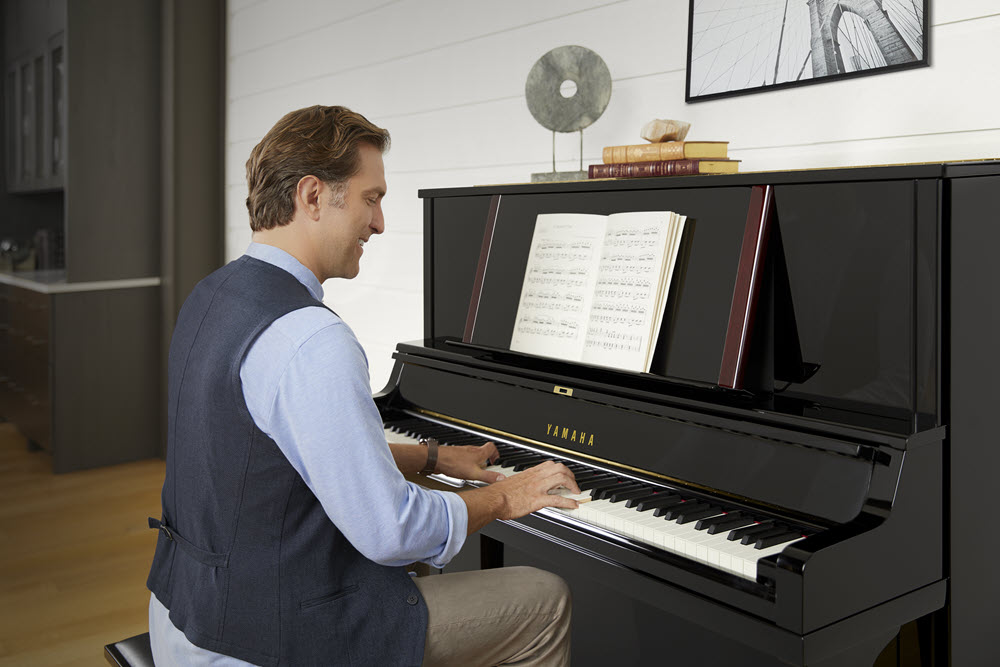
Unlike some other musical instruments, piano is something you can learn — and learn well — at any age. In his blog posting “Express Yourself,” musician, bestselling author and cognitive psychologist Daniel Levitin says that, “For older adults, the instrument I recommend is the piano (or any similar keyboard, such as organ or synthesizer). The reason is that getting a good tone out of a keyboard is not at all difficult: anyone can sit down at a piano and play a C-sharp as well as a Rubinstein, an Alicia de Larrocha or an Elton John. Putting the notes together is the challenge, but it’s a challenge you can start addressing right away. The other advantage of the piano is that it’s easy to visualize scales and chords — they’re all there in front of you, laid out linearly.”
Learning piano as an adult actually has some distinct advantages. For one thing, even simple piano lessons for beginner adults can help you deal with stress. In fact, I’ve found playing piano to be the ultimate stress reliever. And when I say “play,” I mean simply playing, with no particular end goal in mind — in other words, just enjoying the process of “noodling around.” I find that by allowing my fingers to glide over the keys without the pressure of having to create something or improve my technique, I can let the instrument take me somewhere for the musical joy of it.
Playing Piano Can Make You Healthier
“As humans, we are hard-wired for music,” says Barry Bittman, MD, Chairman and CEO of the Yamaha Music and Wellness Institute, a non-profit organization engaged in education and research, “Music gets through where words do not pass. Recreational music-making reduces the impact of stress on many levels and allows healing to begin. It actually alters gene expression pathways in patients with coronary heart disease.”
In addition, learning to play an instrument as an adult stimulates your brain; your neuroplasticity can see some significant improvements, meaning that your brain starts making new connections and remapping the old patterns. Whenever I sit down at the piano, it feels as if my brain does indeed light up with excitement. I simply feel better after playing, even if I only idle over the keys for a short period of time. That may be because I only started to learn to play piano a few years ago (I’m a lifelong guitarist); my training on the instrument is minimal enough that I don’t know exactly what I’m doing. As Zen Master Shunaryu Suzuik once said, “In the beginner’s mind there are many possibilities. In the expert’s mind there are few.”
So whether you want to learn a single song for your own pleasure or go deep into performance technique, playing the piano has healing benefits for your (or your child’s) mind, body, spirit and soul. Best of all, it’s fun!
Check out these related blogs:
Piano Lessons Can Improve Your Child’s Language Skills
Sounds Of Resilience: An Interview With Dr. Barry Bittman
Music Makes You Happier, Smarter … And Healthier Too
Six Ways Music Can Improve Your Life
Click here for more information about Yamaha pianos.









